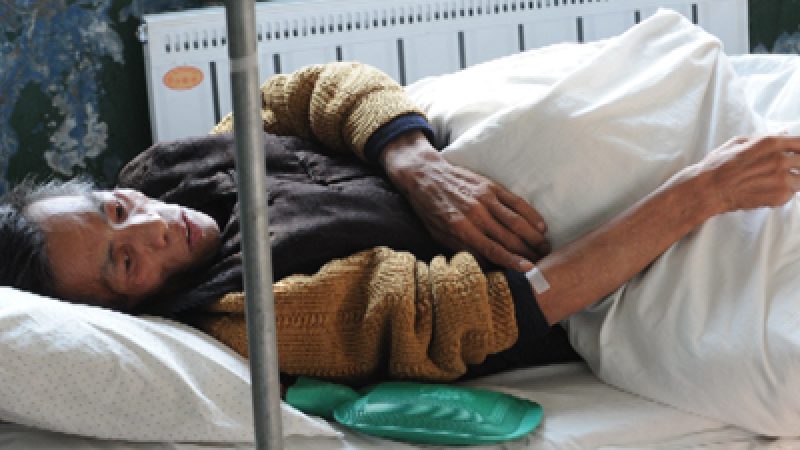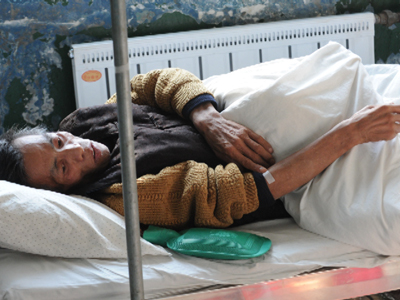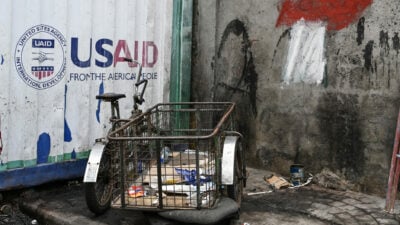
China’s AIDS Petitioners Ignored on World AIDS Day

China’s health authorities say the country is facing a growing number of HIV/AIDS cases. On Thursday—World AIDS Day—the Chinese regime promised better care for people with the disease. But when a group of AIDS sufferers tried to petition in Beijing on Thursday—they were met with violence, and brutally turned away by police.
This is the stark reality for China’s HIV/AIDS patients. Despite official calls for improved treatment, many patients continue to find themselves in helpless situations—with little medical aid, and authorities unwilling to help.
These petitioners in Beijing had been infected with HIV through blood transfusions. One woman, Ms. Li, says Beijing authorities have pressured local hotels to refuse them accommodation.
[Ms. Li, HIV/AIDS Petitioner]:
“I asked the hotels why we’re not allowed to stay. They said, ‘Don’t bring trouble for us. If we let you stay here, the police will shut us down.’”
Ms. Li says they want authorities to provide aid for affected children and to prevent hospitals from denying medical services to other HIV/AIDS sufferers. But their appeal didn’t reach any officials.
[Ms Li, HIV/AIDS Petitioner]:
“Police violently beat us up. A woman was beaten to the ground. We started to argue with the police. Not a single official came out [to meet with us]—only police. They grabbed my bag and cell phone, and followed me closely, and eventually took me away in a car.”
Chinese authorities recorded an increase of 48-thousand new HIV/AIDS cases this year, bringing the total to 780-thousand. Despite assistance from international organizations and laws against workplace and medical discrimination, HIV/AIDS sufferers continue to face hardship and stigma in society. AIDS activists like Hu Jia and Gao Yaojie often find no official support. Their independent efforts are instead suppressed by authorities.
 Foto: NTD
Foto: NTD



























vielen Dank, dass Sie unseren Kommentar-Bereich nutzen.
Bitte verzichten Sie auf Unterstellungen, Schimpfworte, aggressive Formulierungen und Werbe-Links. Solche Kommentare werden wir nicht veröffentlichen. Dies umfasst ebenso abschweifende Kommentare, die keinen konkreten Bezug zum jeweiligen Artikel haben. Viele Kommentare waren bisher schon anregend und auf die Themen bezogen. Wir bitten Sie um eine Qualität, die den Artikeln entspricht, so haben wir alle etwas davon.
Da wir die Verantwortung für jeden veröffentlichten Kommentar tragen, geben wir Kommentare erst nach einer Prüfung frei. Je nach Aufkommen kann es deswegen zu zeitlichen Verzögerungen kommen.
Ihre Epoch Times - Redaktion